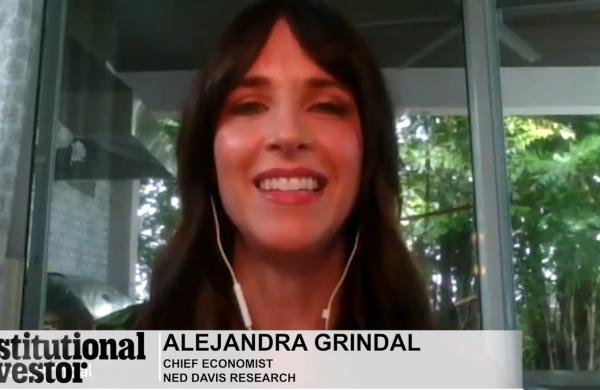Or did it? Judging by the flap surrounding payments to former Mannesmann boss Klaus Esser, traditions die hard across the Rhine.
Esser and his former colleagues are at the center of an unfurling dispute about Dm148 million ($69 million) in golden parachutes that Mannesmann awarded to them but which some believe were instigated by Vodafone to help accomplish its takeover. Esser maintains that his Dm60 million bonus was initiated not by Vodafone but by a major Mannesmann stakeholder, Hutchison Whampoa. The fact that it was awarded the same day that Mannesmann consented to the deal was purportedly a coincidence. Vodafone, too, insists that when it approved special payments to Esser and others following the deal, it was simply honoring commitments made previously by Mannesmann.
But to Stuttgart lawyer Martin Sorg, that argument rings hollow. Esser "fought for three months with everything he had" to defeat Vodafone, Sorg notes, "then in one night he changed his mind, and the next day he receives Dm60 million?" Sorg not only asserts that the payments were an illegal merger inducement but also that they violate a company law stipulating that executive pay must be "appropriate." Sorg's complaint on behalf of ten small shareholders has triggered an investigation by DÙsseldorf prosecutors.
The Esser imbroglio has sparked huge interest among Germans, whose egalitarian sensibilities are often offended by U.S.-style compensation. "It's a jealous reflex of the old German system fighting back," says Rolf Drees, a spokesman for Union Investment, Germany's third-largest fund group.
Sorg, however, says he doesn't object to the American model of high pay for performance - or to takeovers. "But there must be clear rules," he says.




